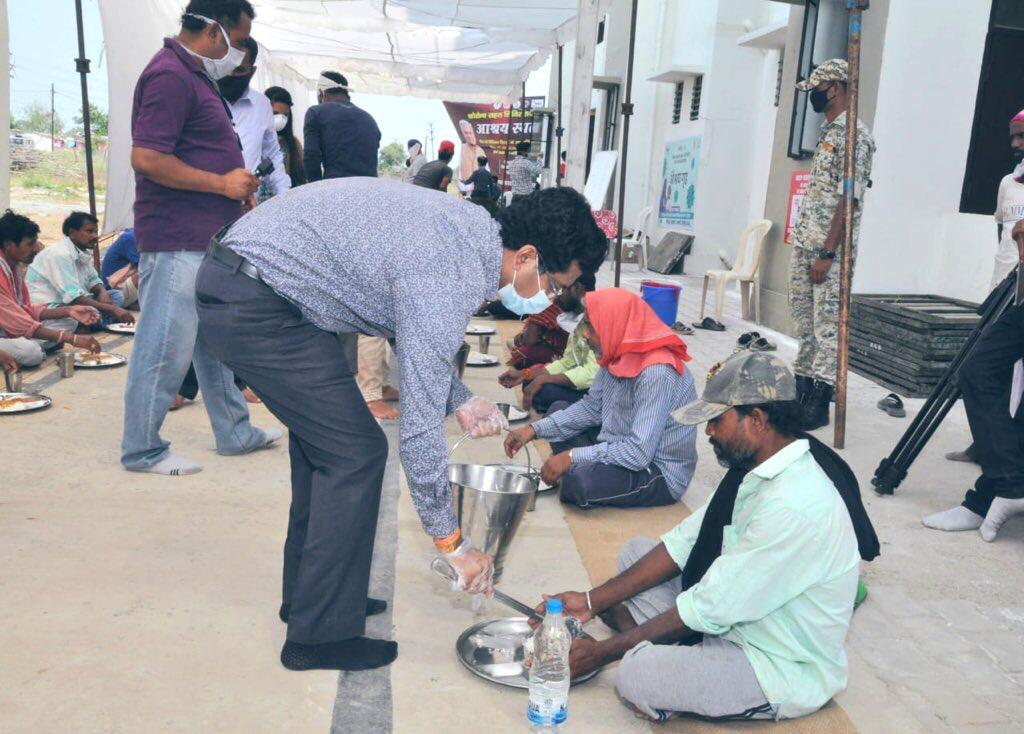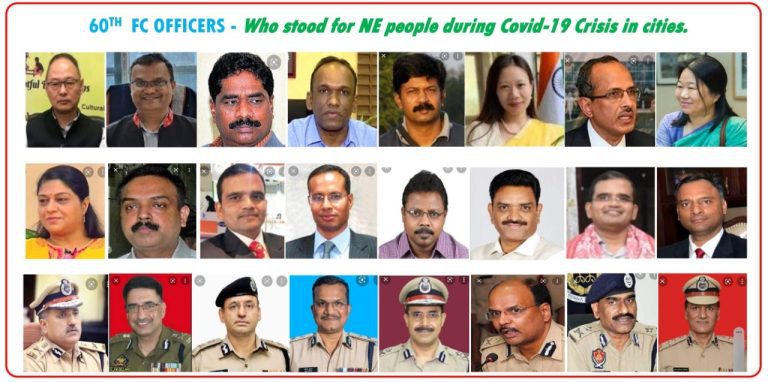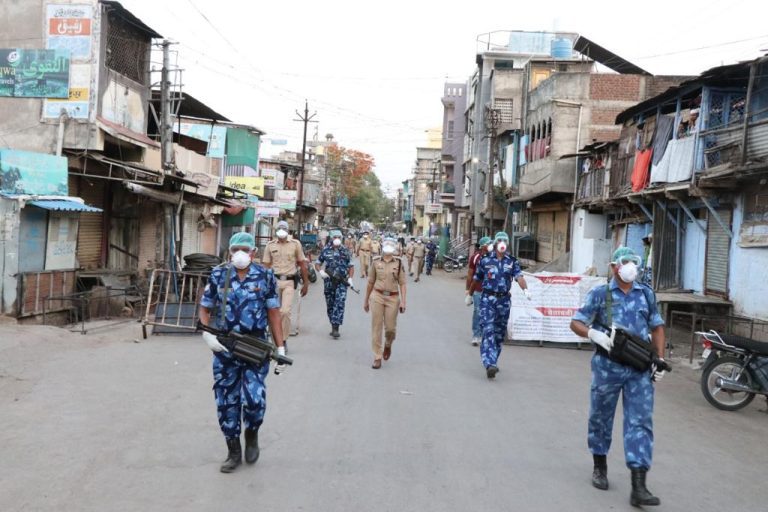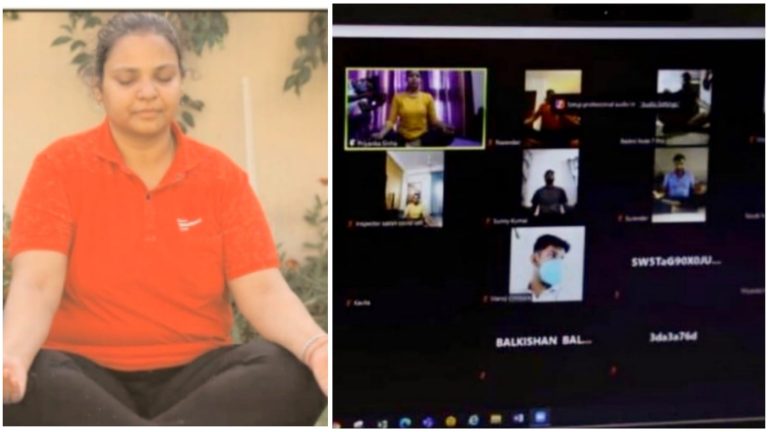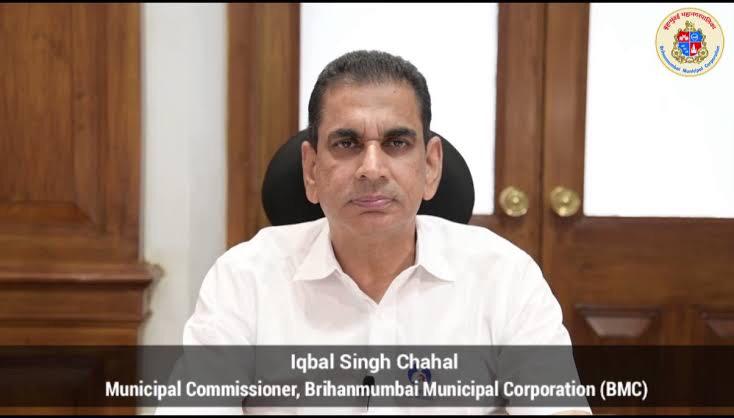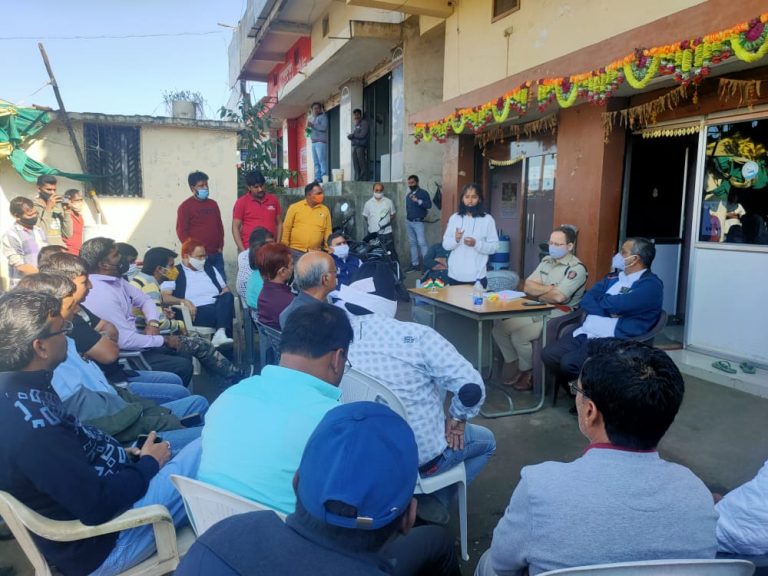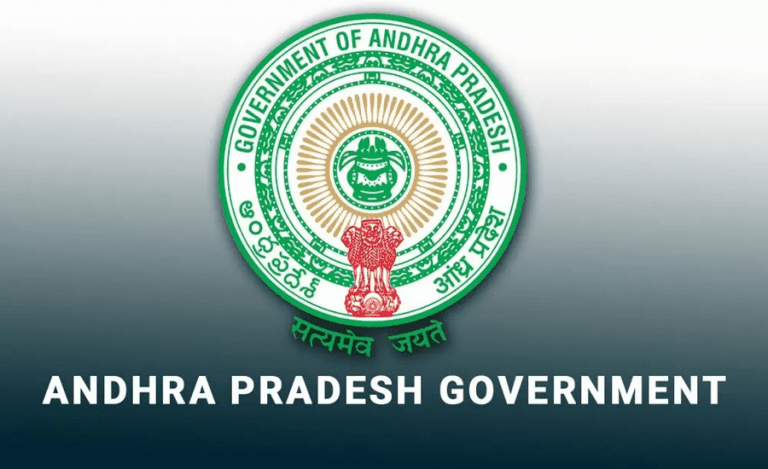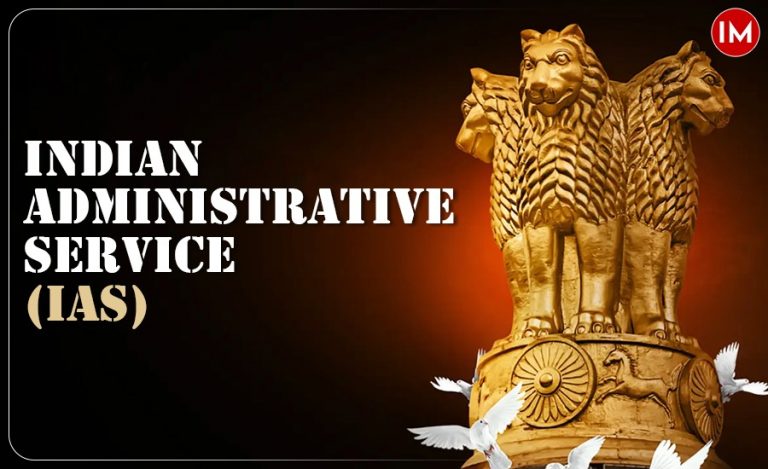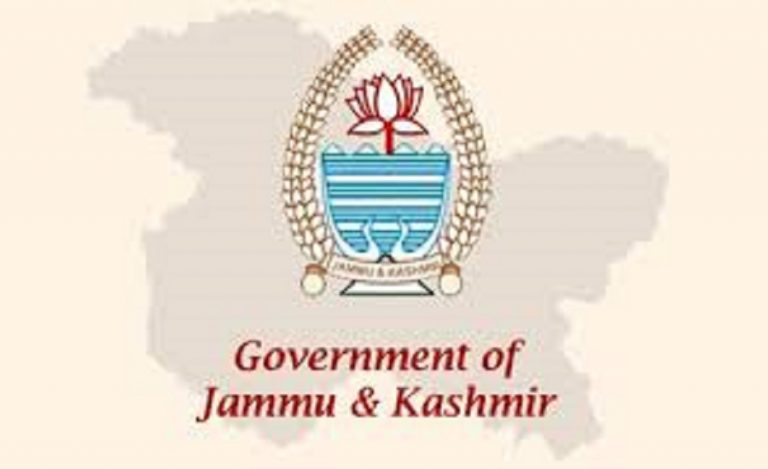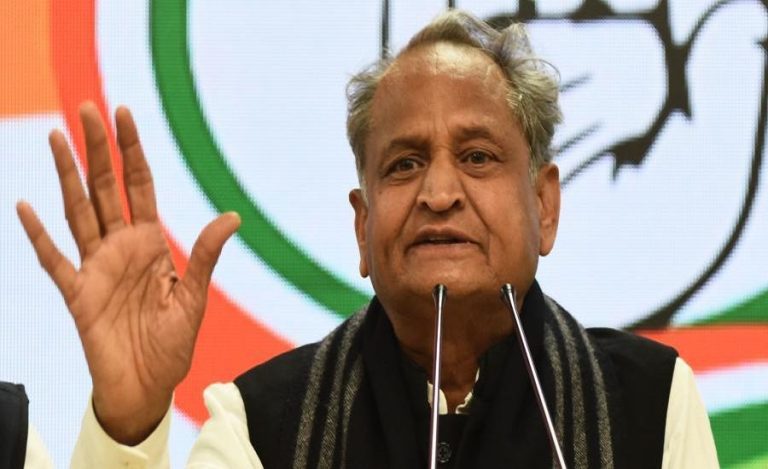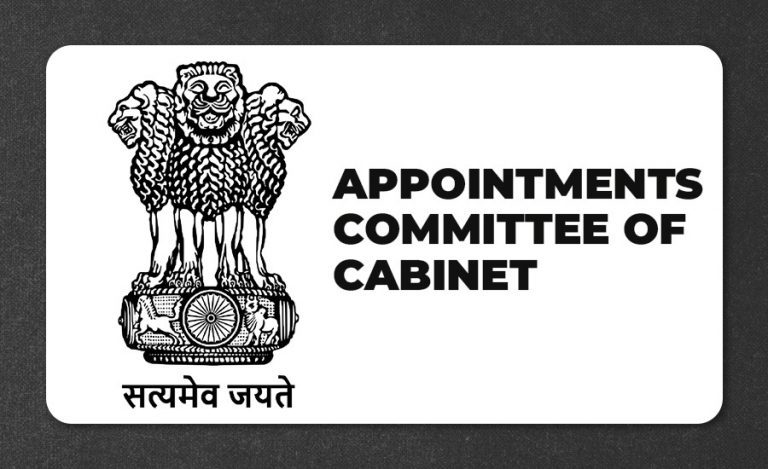When Covid19 struck the world and the entire nation went under lockdown, panic gripped people who were far away from their homes. Worse off were those with no means to get back; it seemed that their very survival was at stake. In such trying times, people naturally looked up to the country’s administration for help. Many of India’s officers stood up to their expectations.
One such brilliant and hardworking IAS officer is Mr. Sonmoni Borah of 1999 batch, Chhattisgarh cadre. He looked after the problems and requirements of almost 7 lakh migrant workers in the catastrophic period, and he tells all about in an exclusive conversation with Indian Masterminds.
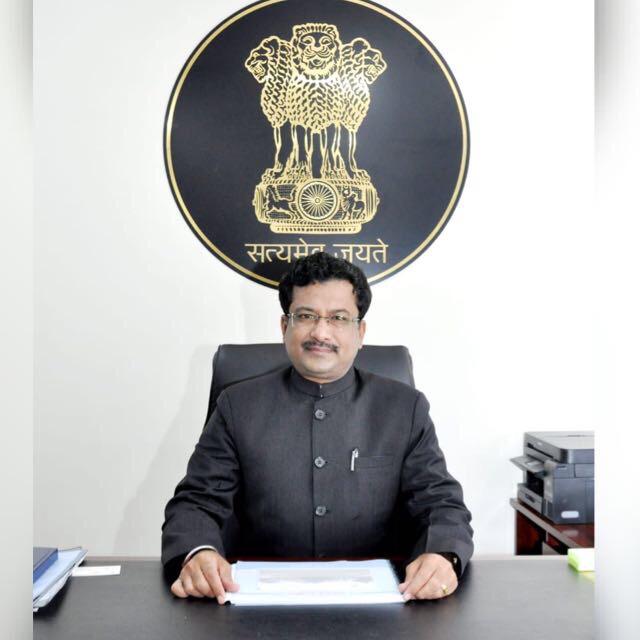
INITIAL CHALLENGES
Mr. Borah remembers the time when out of panic and fear, lakhs of migrant workers started walking towards their homes. Not being able to bear their agony, he went out to calm them down and assure them that they would be okay and their needs would be taken care of. The most challenging part, according to Mr Borah, was to zero in on the migrants movement.
“People started coming from private vehicles too, apart from the ones provided by the government. Shramik special trains were organized due to a huge demand as it wasn’t possible to send vehicles all over the country. And once they arrived here, accommodating them was another task. We had to screen them, isolate them, and later send them to their homes. We knew it’s going to be a long road” he told Indian Masterminds.
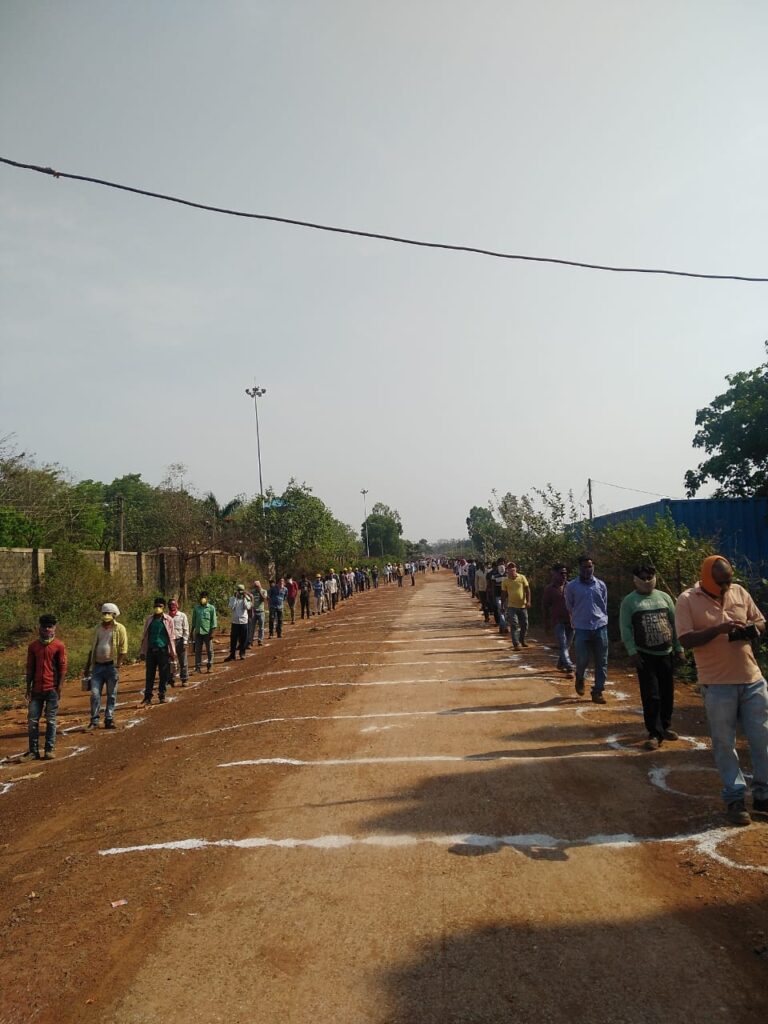
After the workers had returned to their homes, something that they immediately required were jobs, otherwise, it would get even more difficult for them to survive. The responsibility of all the challenges was on Mr. Borah’s shoulders as he was designated as the State Nodal Officer as well as the Secretary and Commissioner, Labour.
HELPLINE FOR THE NEEDY
Mr. Borah realized that the Labor Department did not have proper database to record all the migrants’ activities. Either it was not updated or was incomplete. To overcome the issue, he immediately set up a 24×7 helpline number for district and state level, which helped people in contacting them regarding any requirements or problems. Along with that, he also took the help of social media.

“I was personally very active on Twitter and WhatsApp. The laborers not only contacted the helpline but also the public representatives like MLAs, MPs, CMO, etc., and some of them started writing mails to us. In that way, we actually used all kinds of platforms. And later on, I even distributed my contact number in the public and received calls and messages from morning to night” he stated.
WORKED IN TEAMS
Mr. Borah channelized the entire work systematically and worked in teams of 3 to 5. These teams funneled all the information they received and worked upon it individually. “In the entire lockdown, we received around 17,000 pieces of information through calls or emails and worked on it. Everything fell into place and we documented all the information through whatever sources we received them from. A daily report was generated and it was followed up too. Some problems were quickly tackled and resolved but some needed a little more time to get settled and therefore, we worked accordingly and followed up” he told Indian Masterminds.

PROVIDING BASIC NECESSITIES
Mr. Borah was quick enough to understand that in this time, it would be extremely difficult for people to get even the basic necessities such as medicines and ration. As such, he set out to make adequate arrangements for them.
“Some people even needed monetary help, and we immediately transferred to their accounts. And for those who were stuck outside Chhattisgarh, we had to rely on governments of different states for them. We took help of various NGOs too” he added.

Chhattisgarh sponsored the majority of the 107 ‘Shramik trains’ that were on move and received help from the Uttar Pradesh government, as well. For trains passing through, Chhattisgarh arranged refreshments and considered their passengers as his guests.
IMPLEMENTING MGNREGA
Chhattisgarh has been number 1 in India for the implementation of the MGNREGA scheme of the Government. And once again, Chhattisgarh implemented the scheme to provide employment to the ones in need.
Pointed out Mr Borah, “Migrant laborers are mostly seasonal laborers and mostly go for brick kilns, usually after harvest in December and return before rainy season. They got engaged in agriculture activities quickly and could fend for themselves.”
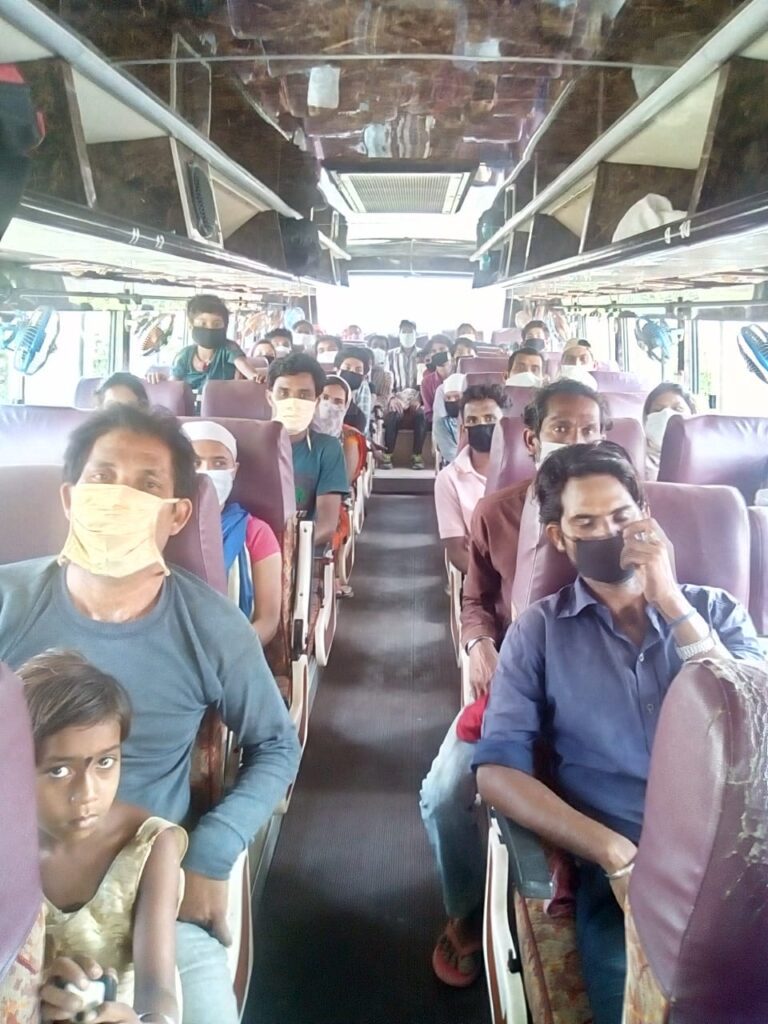
When Government of India allowed activities to resume, Chhattisgarh was the first one to reopen the factories, which proved to be beneficial for the laborers.

